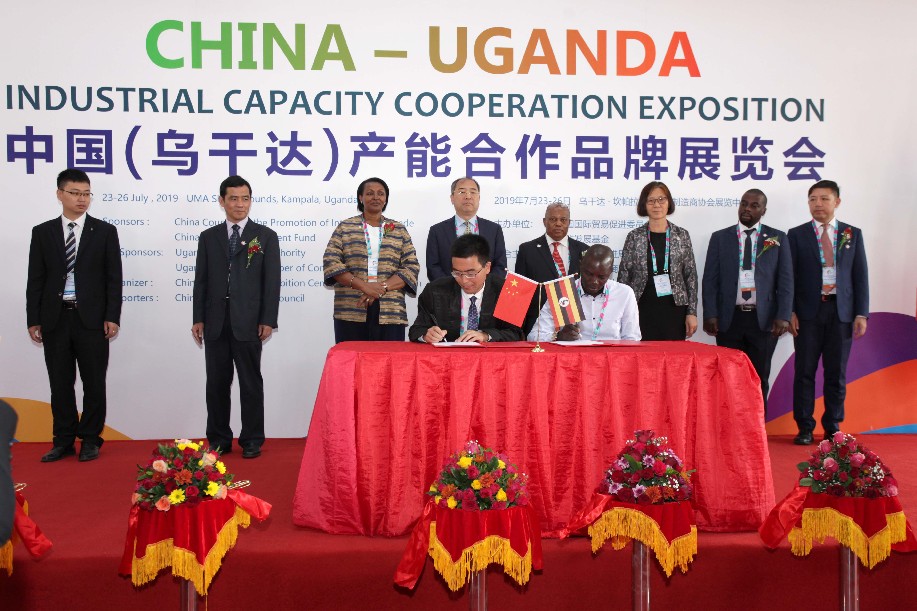2016: Primer
Could it be that the Obama White House called for a favor from the Washington Post to help on this? The Obama White House used media to an historic art form including selling the bad Iran nuclear deal. Anyway…
The operatives needed to have the list of names first and Trump shared some names that included Whalid Phares, Joe Schmitz and Carter Page. Remember the FISA application scandal listed Carter Page’s name. Further, Joe Schmitz, a former Defense official and lawyer was also a top executive at Blackwater. No wonder there was the festering story about Eric Prince and his alleged nefarious meeting in the Seychelles with Putin’s money-man, Kirill Dmitriev.
Dots connecting…
Moving forward to April of 2017…
Per Eli Lake at Bloomberg:

White House lawyers discovered that the former national security adviser Susan Rice requested the identities of U.S. persons in raw intelligence reports on dozens of occasions that connect to the Donald Trump transition and campaign, according to U.S. officials familiar with the matter.
Lake further reports that Rice’s pattern of requesting unmasking was discovered by Trump National Security Council staffer Ezra Cohen-Watnick, whom The New York Times reported last week was one of Nunes’s sources. Cohen-Watnick informed the White House Counsel’s office, Lake reports.
Okay, then we heard that the U.S. Ambassador to the United Nations, Samantha Power also ordered unmaskings, of which she later denied.
Samantha Power testified in Gowdy’s committee last week, and Fox News reported weeks before her appearance that she was thought to have made as many as 260 requests to “unmask” Americans caught up in the surveillance of non-U.S. citizens.
But Tuesday evening, Gowdy told Fox News that Power told his committee that she was not the official requesting that unmasking in every case. More here.
Moving way ahead to February of 2017, enter Congressman Adam Schiff.
Donald Trump believes House Intelligence Chairman Adam Schiff is trying to hire White House employees to gain an edge in his investigation of foreign attempts to influence the president, people familiar with the matter said.
Schiff has hired one former career official at the National Security Council, Abigail Grace, who left the White House last year, the people said. She has a congressional email address and is listed in a directory as working for the Intelligence Committee’s Democratic majority.
A second career employee detailed to the Trump White House is also considering joining Schiff’s staff, according to people familiar with the matter. They didn’t identify the person. More here.
Abigail was a research associate with the Asia-Pacific Security Program at the Center for a New America Security.
The Washington Examiner has reported that two ex-NSC staffers are now employed by Schiff. Abigail Grace, who worked at the NSC until 2018, was hired in February, while Sean Misko, an NSC aide until 2017, joined Schiff’s committee staff in August, the same month the whistleblower submitted his complaint.
Eric Ciaramella, the alleged Ukraine whistleblower, was a guest of Vice President Joe Biden at a glitzy lunch in October 2016 to honor the prime minister of Italy.
Biden co-hosted the banquet with former Secretary of State John Kerry for then-Italian Prime Minister Matteo Renzi. Ciaramella, who is of Italian heritage, was among the U.S. officials who accepted an invitation. This week, the Washington Examiner reported that Ciaramella is now a deputy national intelligence officer for Russia and Eurasia on the National Intelligence Council, reporting to the director of national intelligence. More here.
Now remember during a hearing where AG William Barr asserted there were indications of the government spying on the Trump campaign? Barr has seen major indicators that such activity did occur and hence he hired U.S Attorney John Durham to track the records of the origins of the Russia investigation. The Democrats and media blew up about the term ‘spying’. Well then debates happened in the public square about spying versus surveillance. Okay, how about moles? How about using encrypted text messages between groups of operatives? How about all of it?
America is waiting and waiting and waiting for the IG report, for the Durham report, for the declassification of documents….waiting and waiting.
So when it comes to the list of witnesses that the Republicans are asking Congressman Schiff for permission to provide testimony, the list should be much larger. Others that should be included are: Lisa Monaco, Dennis McDonough, John Brennan, James Clapper, Samantha Power, Mike Morell, Susan Rice, Ben Rhodes, George Soros, Igor Sikorsky, Col. Andriy Ordynovych among others.
Waiting and waiting…









